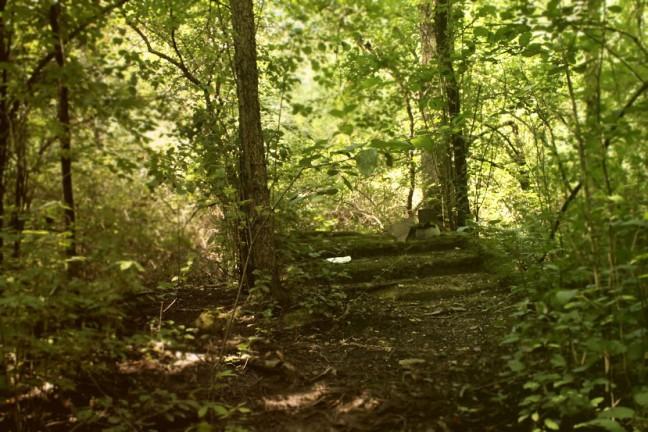Through observing plants and hearing nature sounds in the University of Wisconsin Arboretum, the campus community will now have the chance to follow the footsteps of Aldo Leopold and honor his legacy of environmental conservation.
Running from January to June, the Aldo Leopold’s Legacy program will provide a series of classes, lectures and workshops focused on journaling experience with nature, creating artwork and reflecting on Leopold’s ideas of observing and documenting nature in the field.
Leopold, no stranger to Wisconsin, served as a UW professor while maintaining his reputation as both an ecologist and a philosopher.
Learn about UW’s most famous naturalist with the digitized Aldo Leopold archives
Parts of the program would emulate the observation process so people can experience the historic approach to documenting nature, program director Jessica Courtier said. Leopold’s environmental idea is based on a long-term practice of observing nature changes, she added.
The program’s other aspect is to engage Leopold’s idea of land ethic, which features human beings’ responsibility to manage natural sources with respect, Courtier said. The observation of nature allows people to slow down and contemplate exactly what they’re viewing, she added.
As Leopold described in his book “A Sand County Almanac,” all ethics that have evolved thus far rest upon a single premise: The individual is a member of a community of interdependent parts. The land ethic enlarges the boundaries of the community to include soils, waters, plants and animals and, collectively, the land.
Madison’s ‘Lost City’: Inside the forgotten remains of Lake Forest
The series will involve a multitude of resources including UW professors, arboretum staff and landscape architects.
“Although the workshops and classes have different focuses, there is a connection between them — from observation to idea,” Courtier said.
The program intends to put Leopold’s concept, originated 50 years ago, into modern day and figure out what it means for today’s environmental discussion.
How a Wisconsin politician changed the scope of environmental legislation in the U.S.
Calvin B. DeWitt, a former UW professor from the Nelson Institute for Environmental Studies, highly recommended the program because it would be very helpful to refresh Leopold’s way of journaling nature.
“The environmental support has put Wisconsin at the forefront of caring for the earth,” DeWitt said. “It would be vital for us to celebrate the involvement and also what is done in program is to review and refresh nature journaling.”
Dewitt considered Leopold as one of the top five environmentalist in U.S. history.
Wisconsin Environmental Initiative speakers talk business opportunity in sustainability
As UW is surrounded by natural resources such as paths and arboretums, it is important to continue the environmental discussion with the community at large, Courier said. In the future, the program aims to inform the community on the urgency of environmental issues and help them learn how to manage the resources, she added.
“The workshops and classes would provide resources and tools for people to think about actions that they could take on afterward,” Courtier said.
The first workshop, Writing Nature – Signatures in the Wild, is set to begin Jan. 25. All members of the Madison community at large are welcome to participate.
To sign up for future workshops and lecture series, check the Aldo Leopold’s Legacy program page.














